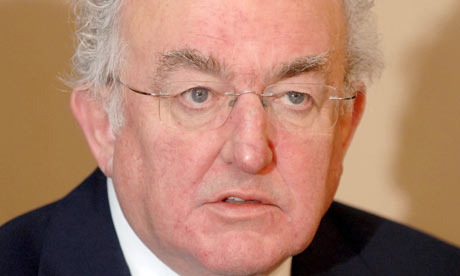 12 Reported Slain in Blast
12 Reported Slain in Blast by Jason Ditz, October 21, 2009
An apparent US drone strike along the border between Pakistan’s North and South Waziristan Agencies has left at least 12 dead, including several children. A “Taliban leader” named Abu Musa al-Misri was reported slain in the strike, but rebels were quick to note that he was also reported slain in two other recent US drone strikes in the same area.
Pakistani intelligence sources confirmed it was a drone strike, though some other sources speculated that it may have been a surface to surface missile fired from inside Afghanistan or an explosion mistakenly set off by the Taliban themselves.
Complicating matters is that the missiles reportedly struck the territory of Hafiz Gul Bahadur, a militant leader which has just recently signed a neutrality agreement with the Pakistani government.
With the war in South Waziristan having a very real impact on life across Pakistan, the Pakistani military has been very keen to maintain pacts with some of the militants, if for no other reason than to prevent having to fight an unwinnable battle against nearly the entire population of the region.
But Pakistan’s war effort has focused on militants fighting inside Pakistan, and have made deals chiefly with groups fighting inside Afghanistan. The US is obviously keen to see Pakistan take on the later, but with them having trouble enough taking over small villages on South Waziristan’s periphery, the drone strikes risk worsening Pakistan’s instability.






